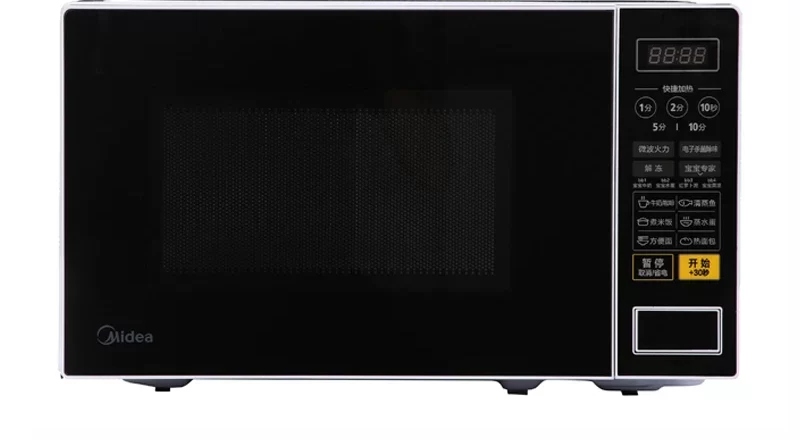Introduction:
Boiling eggs in a microwave offers a quick and convenient way to prepare this protein-rich food. However, microwaving eggs can sometimes result in explosions, causing a mess and potential safety hazard. Understanding the proper techniques and precautions is essential for cooking perfectly boiled eggs in the microwave without any mishaps. This comprehensive guide covers the necessary steps, equipment, and tips to safely microwave boiled eggs while ensuring they come out perfectly every time.
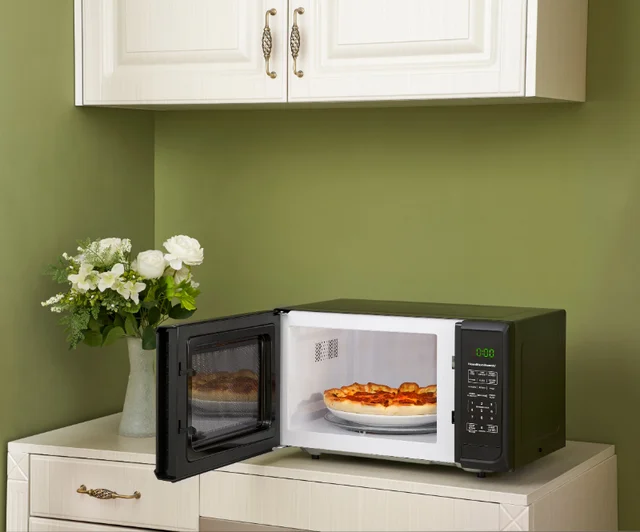
How to Microwave Boiled Eggs Without Exploding:
What Are the Safe Steps?
Understanding Why Eggs Explode in the Microwave
To prevent eggs from exploding in the microwave, it’s helpful to understand the science behind it.
Built-Up Pressure: Eggs have a solid shell that traps steam. When heated, the water inside the egg turns to steam, and if it can’t escape, pressure builds up. This accumulated pressure eventually causes the egg to explode.
Rapid Heating: Microwaves heat food quickly and unevenly, causing rapid expansion of water molecules inside the egg. This sudden change can lead to a pressure burst, resulting in an explosion.
Protective Shell: The eggshell is both a barrier to steam escape and a pressure cooker. Without proper venting mechanisms, the steam cannot find a way out, leading to significant pressure inside the egg.
Choosing the Right Equipment
Using the appropriate equipment can reduce the risk of exploding eggs and help achieve the desired result.
Microwave-Safe Bowl: Select a deep, microwave-safe bowl or container. It’s crucial that the container can hold enough water to fully submerge the eggs, which helps distribute heat evenly and prevent explosions.
Microwave-Approved Cover: A microwave-approved cover or plate is necessary to cover the bowl. This prevents water from splashing and also helps maintain an even cooking temperature.
Professional Egg Boiler: There are microwave egg boilers designed specifically for cooking eggs safely in the microwave. These devices often have built-in venting systems to release steam and ensure uniform cooking.

Basic Steps for Microwaving Boiled Eggs
Following these basic steps can help you microwave boiled eggs without explosions.
Step 1: Prepare the Eggs
Pierce the Shell: Use a safety pin or a needle to pierce a small hole in the larger end of each egg. This allows steam to escape and reduces the risk of the egg exploding.
Place Eggs in Bowl: Place the eggs in the microwave-safe bowl and ensure they are fully submerged in water. Adding a pinch of salt to the water can help prevent the eggs from cracking.
Step 2: Cover and Microwave
Cover the Bowl: Cover the bowl with a microwave-approved cover or a plate to keep the water from splashing and to maintain even heat distribution.
Microwave Cooking: Place the bowl in the microwave and set it to medium-high heat. Start with four minutes for one or two eggs and adjust the time based on the number of eggs and the power of your microwave.
Step 3: Check and Adjust
Check Doneness: After the initial cooking time, carefully remove the cover and check the eggs. If they aren’t cooked through, continue microwaving in 30-second intervals until the eggs reach your desired level of doneness.
Cool Down: Remove the eggs from the microwave and immediately place them in a bowl of cold water. This stops the cooking process and makes them easier to peel.
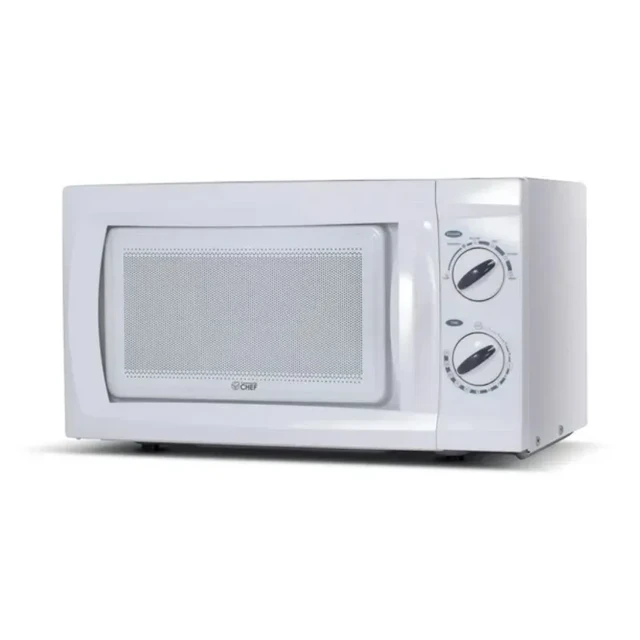
Advanced Techniques for Microwaving Boiled Eggs
For those wanting to experiment with different textures and levels of doneness, here are some advanced techniques.
Soft-Boiled Eggs: To achieve a soft-boiled consistency, reduce the cooking time to around three minutes and use medium power. After microwaving, let the eggs sit in hot water for an additional minute before transferring them to cold water.
Medium-Boiled Eggs: For medium-boiled eggs, microwave the eggs for around 5-6 minutes on medium-high power. This will give you a slightly firm yolk that’s still creamy in the center.
Hard-Boiled Eggs: For hard-boiled eggs, microwave for 7-8 minutes on medium-high power. This will result in a fully set yolk and a firm white.
Troubleshooting Common Issues
Despite following the steps, issues can still occur. Here are some common problems and how to solve them.
Eggs Exploding: If an egg explodes even after piercing the shell, ensure the hole is large enough to allow steam to escape. Additionally, consider reducing the microwave power setting for a gentler cooking process.
Uneven Cooking: Uneven cooking can result from improper placement or insufficient water. Make sure the eggs are fully submerged and spaced apart. Stirring the water halfway through the cooking process can help even out the temperature.
Cracked Eggs: Eggs can crack due to rapid heating or impact in the bowl. Handle the eggs gently when placing them in the bowl, and consider adding a tablespoon of vinegar or salt to the water, which can help prevent cracking.
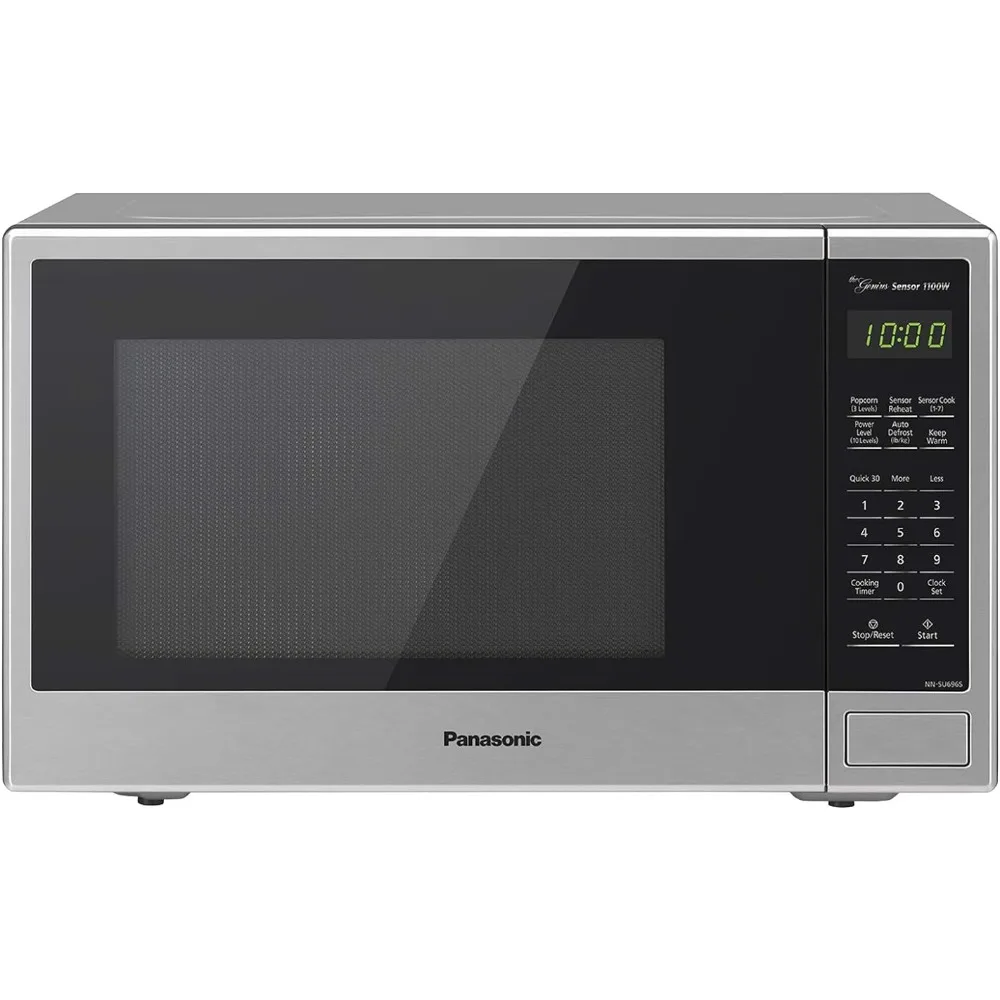
Safety Tips and Precautions
Safety should always be a priority when microwaving eggs. Following these tips can help you stay safe and achieve the best results.
Use Microwave-Safe Containers: Always use containers that are labeled microwave-safe to avoid melting or chemical leaching into your food.
Handle with Care: Be cautious when removing the bowl from the microwave and when taking out the eggs, as both the water and eggs will be hot. Use oven mitts or a thick towel to avoid burns.
Supervise Cooking Process: Do not leave the microwave unattended while cooking eggs, especially the first few times you try this method. Monitoring the process helps catch any issues early and prevents accidents.
Experimenting with Different Microwave Settings
Different microwaves have different power settings, and experimenting with these can help you find the perfect method for your appliance.
Low Power Settings: Using a lower power setting reduces the risk of rapid heating and uneven cooking. Start with medium or medium-low power and adjust the time accordingly.
Power Level Adjustments: If your microwave doesn’t have adjustable power settings, use shorter bursts of cooking followed by rest periods. This technique can help distribute the heat more evenly and prevent sudden pressure build-up.
User Experiences and Feedback
Learning from experiences of those who frequently microwave eggs can provide useful insights and tips.
Success Stories: Many users report success with the piercing method, emphasizing the importance of a small hole to allow steam to escape. Others highlight the usefulness of microwave egg boilers.
Challenges Encountered: Common challenges include finding the right cooking time and power settings. Users suggest starting with a conservative cooking time and adjusting incrementally based on the results.
Innovative Solutions: Some users recommend using silicone microwave egg containers, which provide a controlled environment for cooking and reduce the likelihood of explosions.
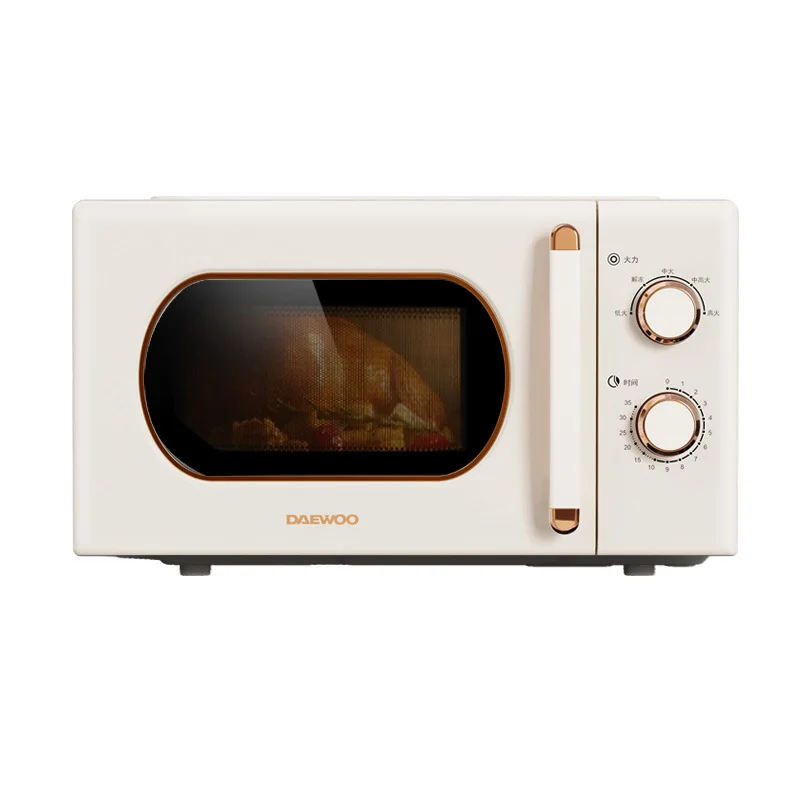
Comparing Microwaving to Traditional Methods
Understanding the benefits and drawbacks of microwaving eggs compared to traditional boiling can help you choose the best method for different situations.
Convenience: Microwaving offers a faster and more convenient alternative to traditional boiling, ideal for busy mornings or quick meals.
Control Over Texture: While microwaving requires careful adjustments to achieve the desired texture, traditional boiling offers more predictable results for different levels of doneness.
Environmental Impact: Microwaving generally uses less water and energy compared to boiling on a stovetop, making it a more eco-friendly option.
Conclusion
Microwaving boiled eggs without them exploding requires understanding the science behind it, choosing the right equipment, and following specific steps to ensure safety and success. By piercing the eggs, using appropriate containers, and adjusting power settings, you can achieve perfectly cooked eggs quickly and conveniently. Advanced techniques allow for experimentation with different textures, while troubleshooting tips and user feedback provide practical solutions to common issues. Whether you’re looking for a quick breakfast option or a way to save energy, mastering the art of microwaving boiled eggs can enhance your cooking repertoire.

